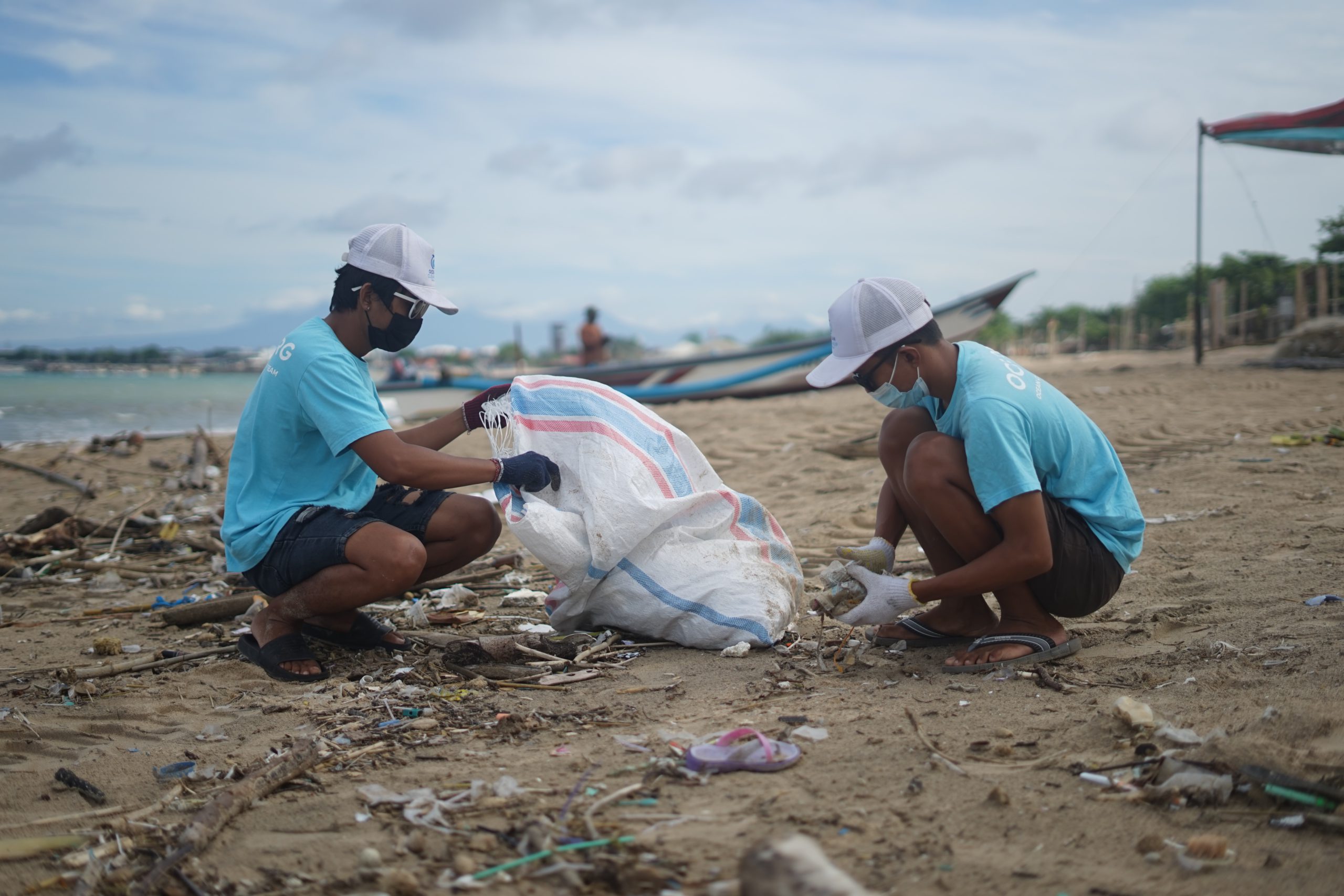As a developing nation, Pakistan faces many challenges in ensuring the well-being of its citizens. In recent years, environmental factors have become increasingly important in influencing the current state of healthcare nationwide. From air pollution to poor access to clean water sources, there are far-reaching implications for public health—and understanding how these issues contribute is critical to finding viable solutions. This blog post will explore how Pakistan’s environment affects present and future generations living within its borders.
Overview of the Environmental Issues Facing Pakistan
As one of the most populous nations in the world, Pakistan is facing many environmental issues that threaten both the health and well-being of its citizens and the country’s biodiversity. These include everything from pollution of both air and water sources to soil degradation, deforestation, and climate change. Air pollution has reached hazardous levels in major cities like Karachi and Lahore, leading to respiratory illnesses and premature deaths. Additionally, deforestation has led to soil erosion and decreased biodiversity, while climate change threatens to exacerbate existing environmental problems. Despite these challenges, there are efforts to address these issues through various projects and partnerships with international organizations. However, much work is still needed to ensure a sustainable future for Pakistan.
How Poor Sanitation and Pollution Affect Public Health in Pakistan?
The poor sanitation and pollution in Pakistan severely impact public health, including the availability of essential healthcare supplies and services. The lack of proper sanitation facilities can spread fatal diseases like diarrhoea, cholera, and hepatitis, making it crucial for communities to access pharmacies like emeds Pharmacy to obtain necessary medications and hygiene products. With a rapidly growing population, Pakistan faces many challenges in improving its infrastructure and ensuring clean water accessibility to its citizens, necessitating reliable healthcare providers. Additionally, the high levels of air pollution in cities like Lahore and Karachi are causing respiratory issues. They are known to cause premature deaths, emphasizing the need for readily available pharmaceutical support from trusted sources. The government needs to address these issues and promote awareness among the public about the importance of maintaining proper sanitation and reducing pollution levels.
Economic Challenges Resulting from Environmental Degradation in Pakistan
Pakistan is dealing with a significant issue: the economic challenges resulting from environmental degradation. Every year, the country suffers from numerous environmental disasters that have a detrimental impact on its economy. The consequences are dire, from air pollution causing health hazards to soil contamination reducing crop yields. The country’s natural resources are stretched thin, and the infrastructure cannot keep up with the ever-increasing demand. Despite the government’s efforts to improve environmental conditions, there’s still a long way to go. The economic cost of environmental degradation in Pakistan is staggering and strains the country’s economy. Pakistan must proactively address this issue and preserve its natural resources for future generations.
The Role of Government in Addressing Environmental Concerns in Pakistan
The Pakistani government plays a crucial role in mitigating the impact of these challenges. The government must acknowledge the issues and take adequate measures to address them. This includes improving air and water quality, conserving wildlife and forests, and promoting renewable energy. Additionally, the government should ensure the effective implementation of environmental policies, laws, and regulations to safeguard the environment for future generations. Only by these measures can we hope to preserve Pakistan’s natural beauty and create a sustainable environment for the nation. The government must lead the way in promoting environmental conservation and sustainable development.
Impact of Climate Change on Health Outcomes in Pakistan
Climate change has profoundly impacted the health outcomes of individuals in Pakistan. The country has experienced increased extreme weather events, such as floods and heatwaves, resulting in a surge of cardiovascular and respiratory diseases among the population. These effects are especially detrimental to vulnerable groups, including children, the elderly, and outdoor workers. Furthermore, climate change has also led to food and water insecurity, contributing to malnourishment and the spread of waterborne illnesses. Immediate action must be taken to eliminate the adverse consequences of climate change on the health of the Pakistani people through measures such as alleviating greenhouse gas emissions and implementing adaptation strategies.
Strategies for Improving the Environment and Promoting Good Health in Pakistan
Pakistan is a country facing issues related to both the environment and public health. To tackle these challenges, several strategies can help improve the situation. One such method is to educate people about the importance of keeping the environment clean and healthy. This can be done through campaigns and workshops focusing on proper waste disposal and conservation practices. Additionally, investing in renewable energy sources can help alleviate air pollution and eliminate the effects of climate change. Furthermore, promoting healthy lifestyles and raising awareness about the importance of a balanced diet can help prevent the spread of diseases. By adopting these strategies and working towards a more sustainable future, Pakistan can transform itself into a healthier and greener nation.
Conclusion
Considering Pakistan’s environmental and public health challenges, it is clear that the government must take a more active role in addressing these issues. Policymakers must prioritize green development and incentivise people to switch to cleaner energy sources and use renewable resources. Additionally, there should be proper legislation to ensure basic sanitation and clean water access to all citizens. Furthermore, more climate change adaptation programs are needed so communities can face future environmental pressures with resilience. Finally, education campaigns must continue to promote better practices such as composting organic waste, reducing plastic usage, managing wastewater properly, and planting more trees – these can go a long way in preserving public health and our natural environment. Let us all come together to do our part – even small changes can result in significant gains for the people of Pakistan!





Be First to Comment